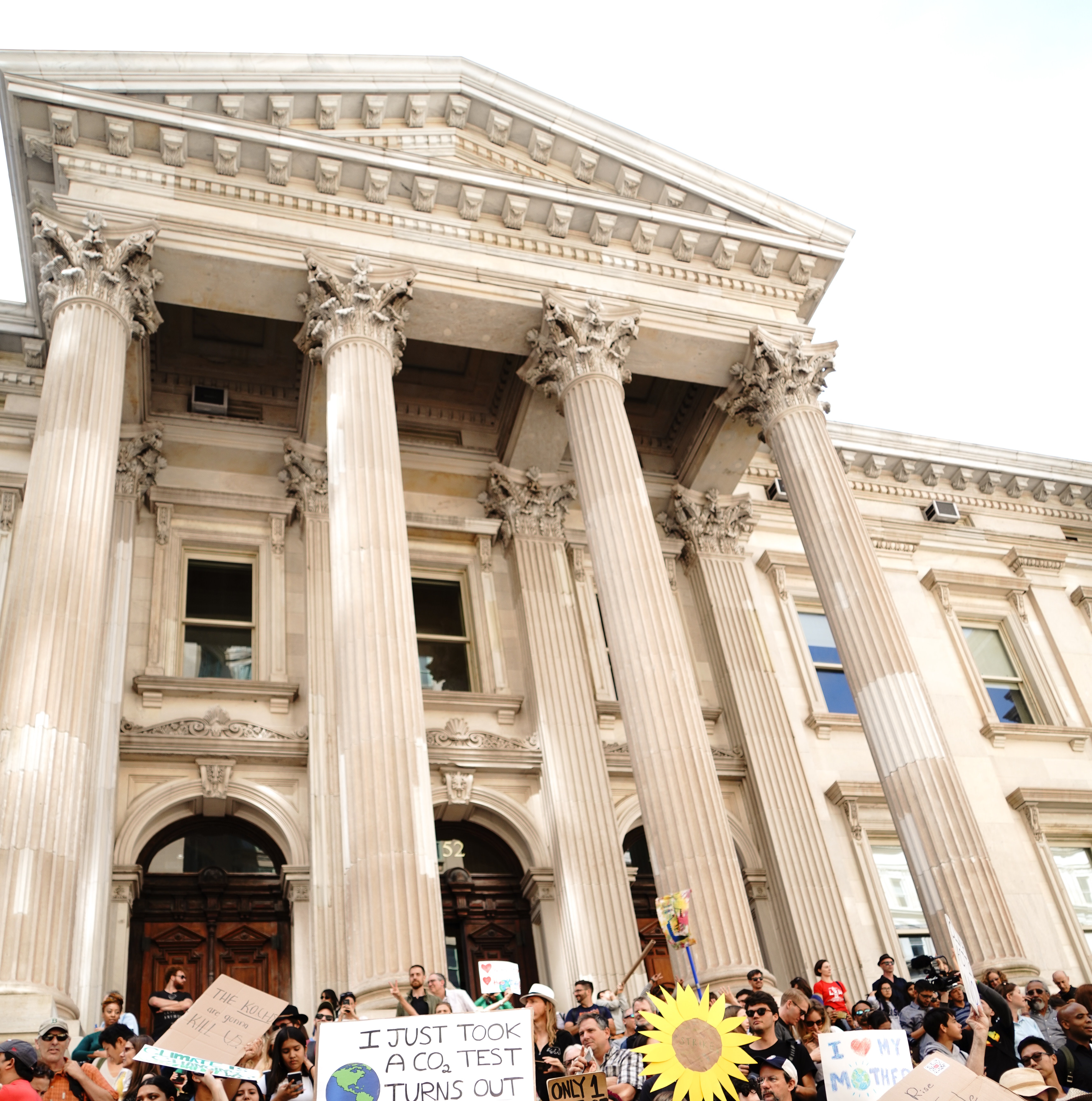There are laws and ideas about housing that impact how decisions are made and what kind of housing exists. As advocates with and without disabilities who want to create more accessible, affordable and inclusive housing, it is important for us to learn about these laws and ideas. Let’s start with the 3 P’s of affordable housing, zoning, types of affordable housing, public subsidies, the Fair Housing Act and Affirmatively Furthering Fair Housing.
“Three P's” of Affordable Housing
Tenant Protections: Laws that help people renting houses or apartments. It also helps people who own homes but don’t have a lot of money. The laws keep people from getting kicked out of their homes. They also make sure landlords don’t charge residents more in rent than they can afford, dependent on their income.
Affordable Housing Preservation: Sometimes, people who own land will want to tear down the houses on their land. They want to build new houses to earn more money by charging people more money to rent them. However, that can make their housing unaffordable. There are laws to help stop landowners from tearing down affordable housing.
Housing Production: These laws help build housing that people can afford. They make it easier to build housing so there can be more houses.
You can learn more about the 3 P’s of affordable housing at the Learn Center Article “The Three P’s”.
Zoning
Zoning refers to laws that govern what kinds of buildings can be built in different places. For example, some places can only have houses that one family can live in. Many cities have zoning that says how tall a building can be. They also say how many homes can get built in one place.
Naturally-occurring affordable housing & income-restricted affordable housing?
Naturally-occurring affordable housing are homes that cost less money than other homes in an area. That’s because they are older or smaller. These homes got built without money from the government. Anyone that can pay the rent can live in these homes.
Income-restricted housing refers to homes that only get rented to people making less than a certain amount of money. The home’s owner agrees to not rent the home to anyone making more than that amount of money. Then, they get money from the government to help pay the rent.
Public Subsidies
Public subsidies are money from the government to help pay for housing. There are 2 kinds of public subsidies: money for people or money for a project. One kind of public subsidy for people is Section 8 vouchers. The government helps someone pay for the part of the rent that the person can’t afford.
Public subsidies for projects help build new housing. The government gives someone money to build housing people can afford. They give the money out before the housing gets built. The owner of the housing can’t make renters pay too much money.
Fair Housing Act
The Fair Housing Act was a law that got made in 1968. Before the law got made, people discriminated against others about housing. They discriminated against certain groups, like people with disabilities and people of color. They made these groups live in separate housing from everyone else.
The Fair Housing Act makes sure people can’t get discriminated against when they try to get housing. It makes sure we get to live with everyone else.
Affirmatively Furthering Fair Housing
In 2015 a new part was added to the Fair Housing Act. It is called Affirmatively Furthering Fair Housing. It is for people who get money from the government for housing, as landlords and home-builders. Landlords and home-builders make rules about who can live and stay in their housing. The law says they have to check every 5 years to make sure their rules don’t discriminate against people. They have to make a report to the government about their rules.
Credit: This content was originally created for The Kelsey’s Raise the Roof program for leaders with disabilities. Plain language translation from Autistic Self Advocacy Network.

